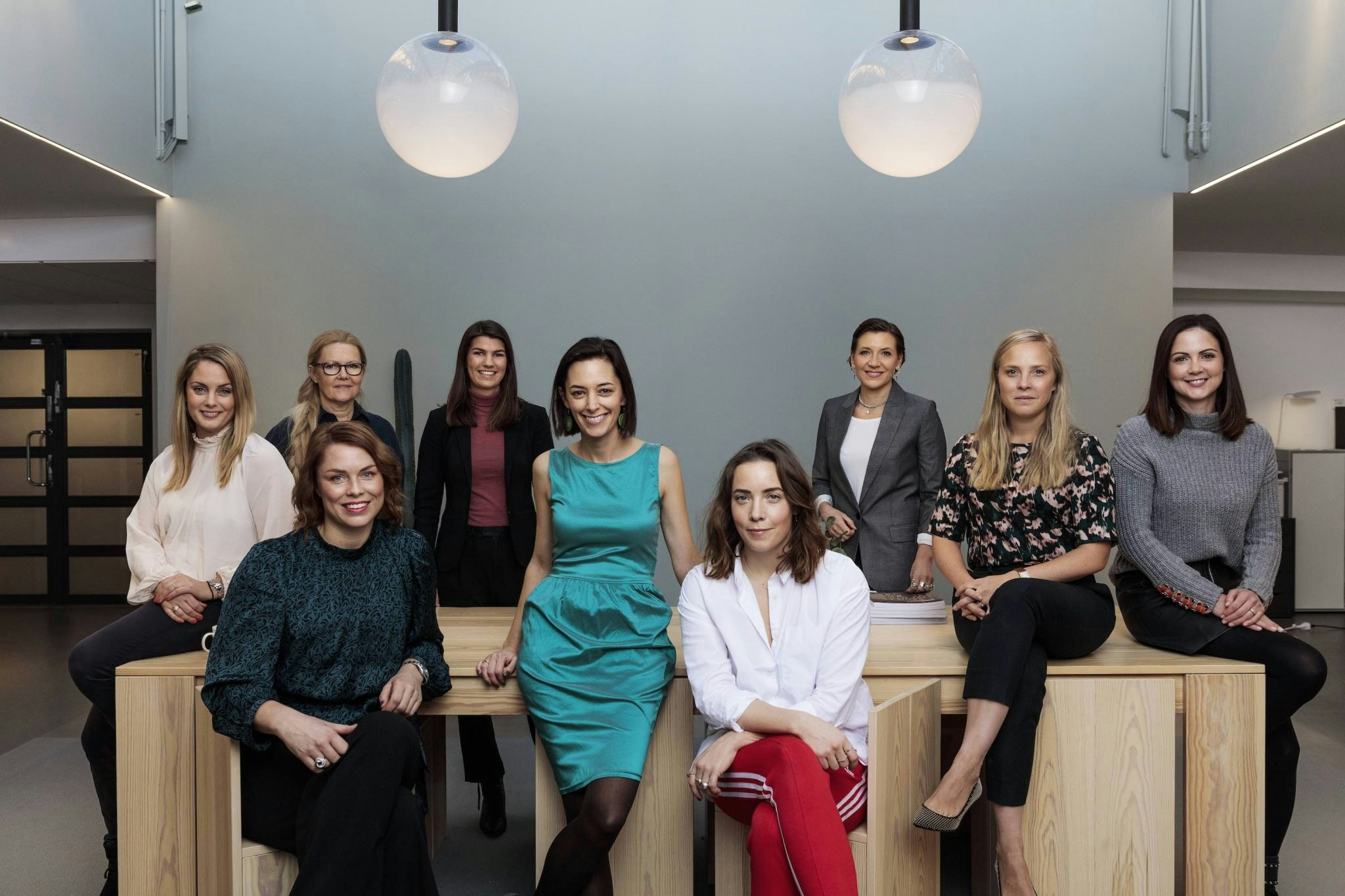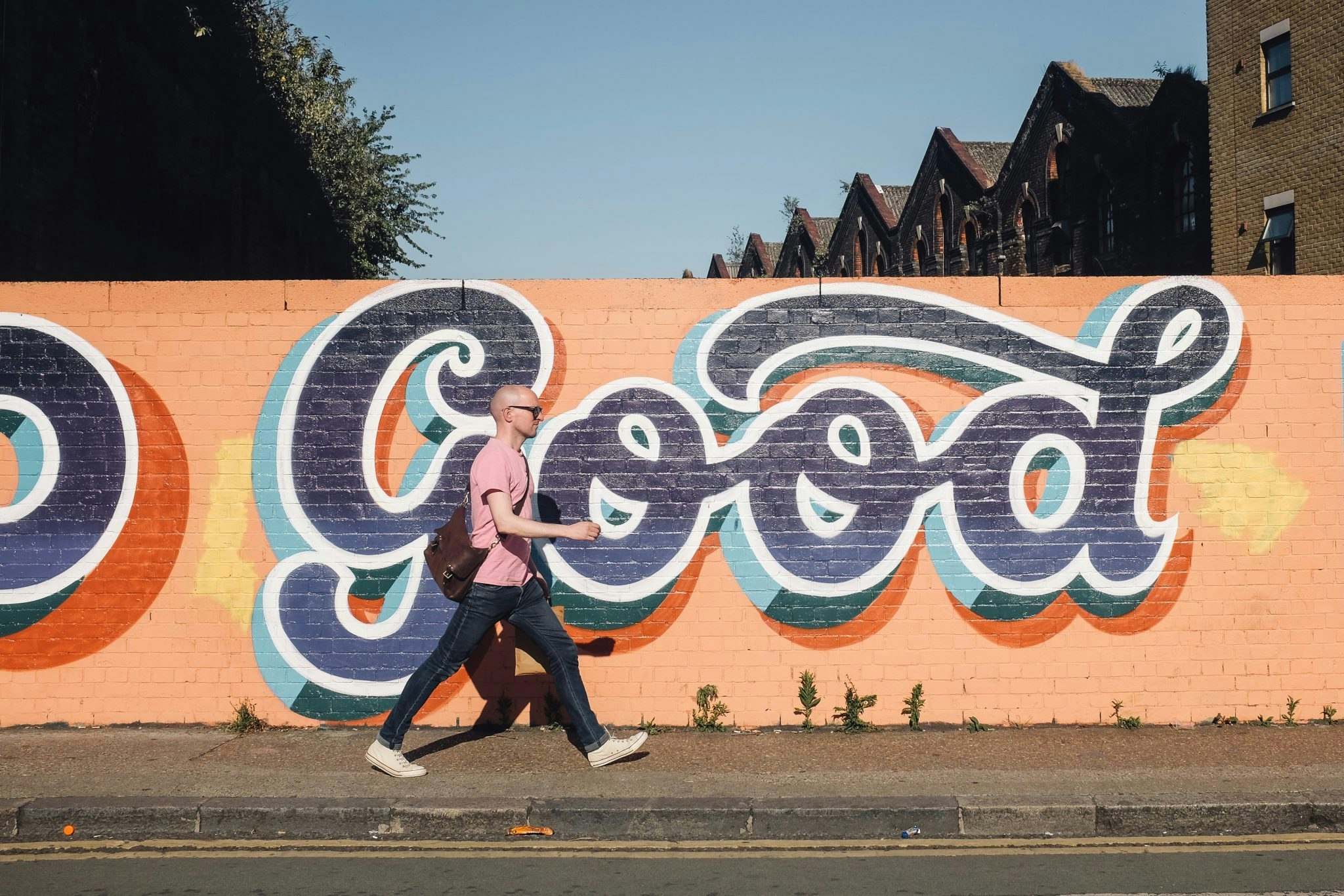Anyone who’s ever spent more than two weeks with a startup knows that they’re prone to change direction, a lot.
But 2020 took that to a whole new level — and startups all over Europe, across every sector, rose to the challenge.
Many startups are ending this year stronger than ever. Take Localyze, an employee relocation startup, which took the bold decision not to pivot, despite investors’ advice to do so — and survived. Or Afrocenchix, a haircare brand which has seen sales grow by 17x in a year.
We met six companies from the Google for Startups network which had to change course this year — and heard what they learned from the experience.
Here’s how Feebris, a healthtech company which wasn’t even planning to commercialise this year, now finds itself supporting thousands of vulnerable people. Find the full set of stories in the Google for Startups Yearbook.
It doesn’t have to be perfect
Healthtech startup Feebris wasn’t planning to launch commercially in the UK this year. It just couldn’t foresee a situation where its medical device — which collects data on respiratory diseases via an app — would be all that useful. And then, things changed.
“Suddenly, vulnerable patients were shielding and scared to visit their GPs or hospitals,” says Feebris cofounder and COO Adam Bacon, who until that point had been focusing on R&D. “The gap between patients and clinicians widened, and carers shouldered extra responsibility regarding health decisions and communicating information to clinicians.”

Just before lockdown, Feebris closed its first sale — to three care homes in the UK. Within a month, it had contracts from parts of the NHS to deploy into a further 20 care homes.
Those deployments meant that carers could run routine checkups on patients, and be advised by the app on the best next steps to take. Feebris’ app asks carers a series of questions about how a patient looks and is acting and any changes in their health. If someone has developed a cough, for example, it will then ask a carer to use a digital stethoscope to record their lung sounds. The data collected is then shared, wirelessly, with the app.
These checkups help reassure carers about the health risks (or lack of) to their patients — and mean doctors can remotely access specific data on their patients, via an online portal.
Using the app has led to a reduction in unnecessary GP callouts from 12% to 2%.
But the app wasn’t perfect — and that was okay.
When carers first started using it, they had to run through quite a long checkup process, which could take more than 15 minutes. That’s a long time if you’re pressed for resources in a pandemic. Taking onboard that feedback, Feebris’ team designed a more responsive checkup flow which skips unnecessary steps based on the data already inputted — for example, omitting the stethoscope stage if the patient has a urine infection, not a cough.
“That’s massively cut down the time the whole thing takes,” says Bacon. “It’s not as good for us — it gives us less development data — but it’s way better for the patient and user.”
Feebris had to jump in at the deep end to make those learnings — and the traction it gained early in the pandemic is now paying off. Its app, which is now supporting 1,000 patients and is CE marked, has been added to NHSX’s shortlist of approved suppliers for remote monitoring. In November the team bid for £1.5m worth of public sector contracts.
My favourite learning from this year is how we have managed to build remarkable partnerships by being incredibly open and honest.
“My favourite learning from this year is how we have managed to build remarkable partnerships by being incredibly open and honest,” says Bacon. “We have never tried to hide the imperfections in our solution nor when we could have done better in a relationship.”
Find the full Google for Startups Yearbook here.



